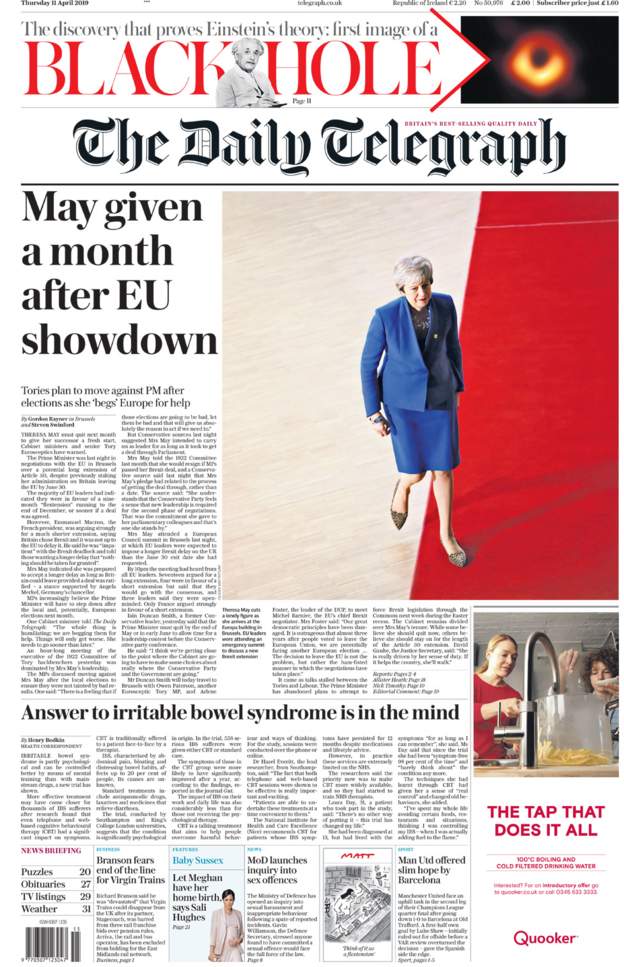JellyBabyKid
Senior Member (Voting Rights)
I have awful IBS. I did an NHS CBT for IBS course about 4 or 5 years ago. I am not sure it helped any of us on the course.
I saw a dietician (privately) two years ago and started the low FODMAP diet - currently a recommended treatment for IBS - and it made an enormous difference. Can't recommend it highly enough. The CBT? not so much.
This "CBT for everything" makes me so angry. It can and does help when used appropriately, for certain conditions, or so I understand, but it isn't panacea the BPS folks want us to believe.
I saw a dietician (privately) two years ago and started the low FODMAP diet - currently a recommended treatment for IBS - and it made an enormous difference. Can't recommend it highly enough. The CBT? not so much.
This "CBT for everything" makes me so angry. It can and does help when used appropriately, for certain conditions, or so I understand, but it isn't panacea the BPS folks want us to believe.

